All articles.
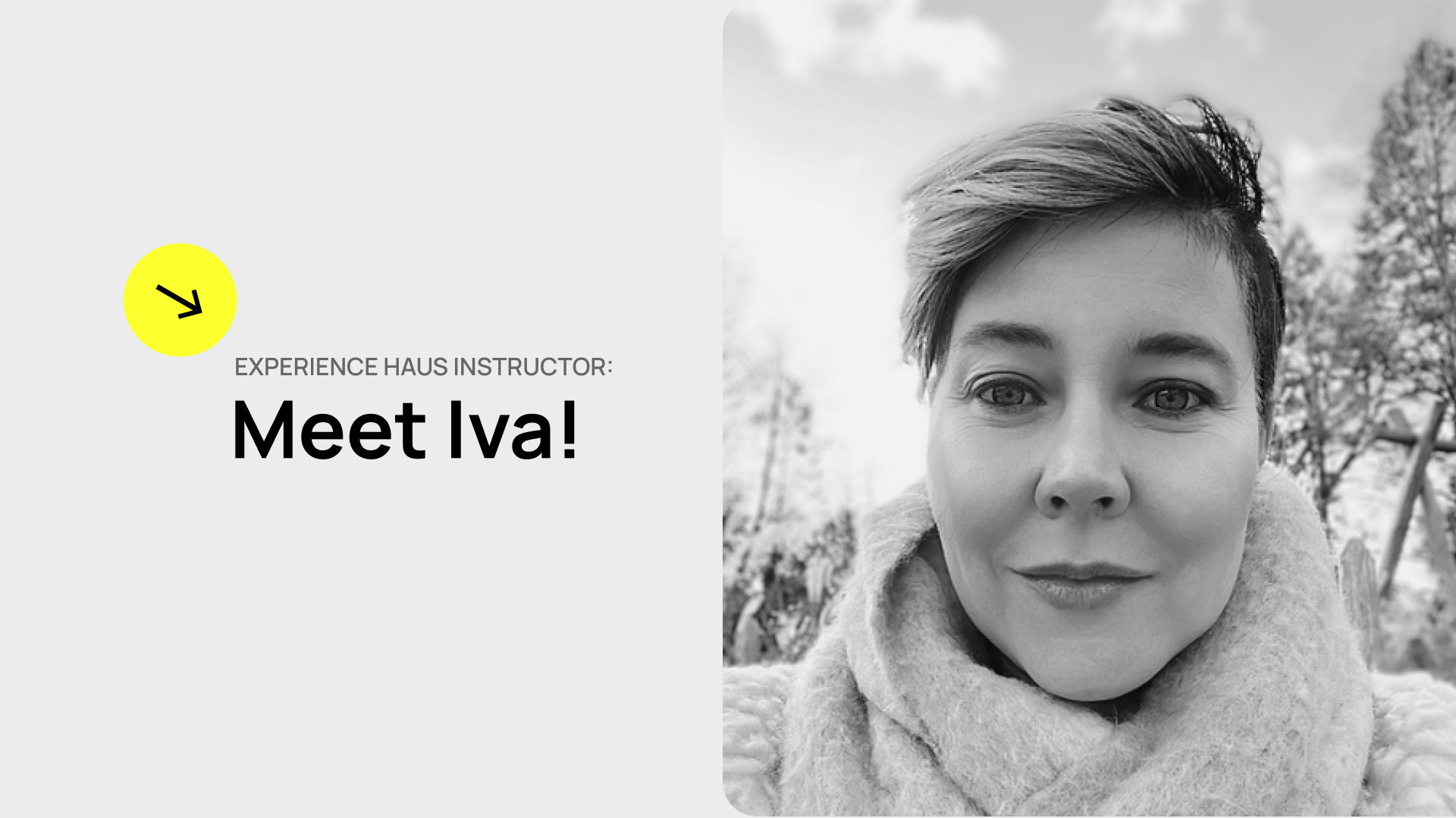
Instructor Profile: Iva Kroell
Thursday 11th July, 2024
Tell us a little about yourself and your current work outside of Experience Haus? With over 2 decades of experience,...
Read More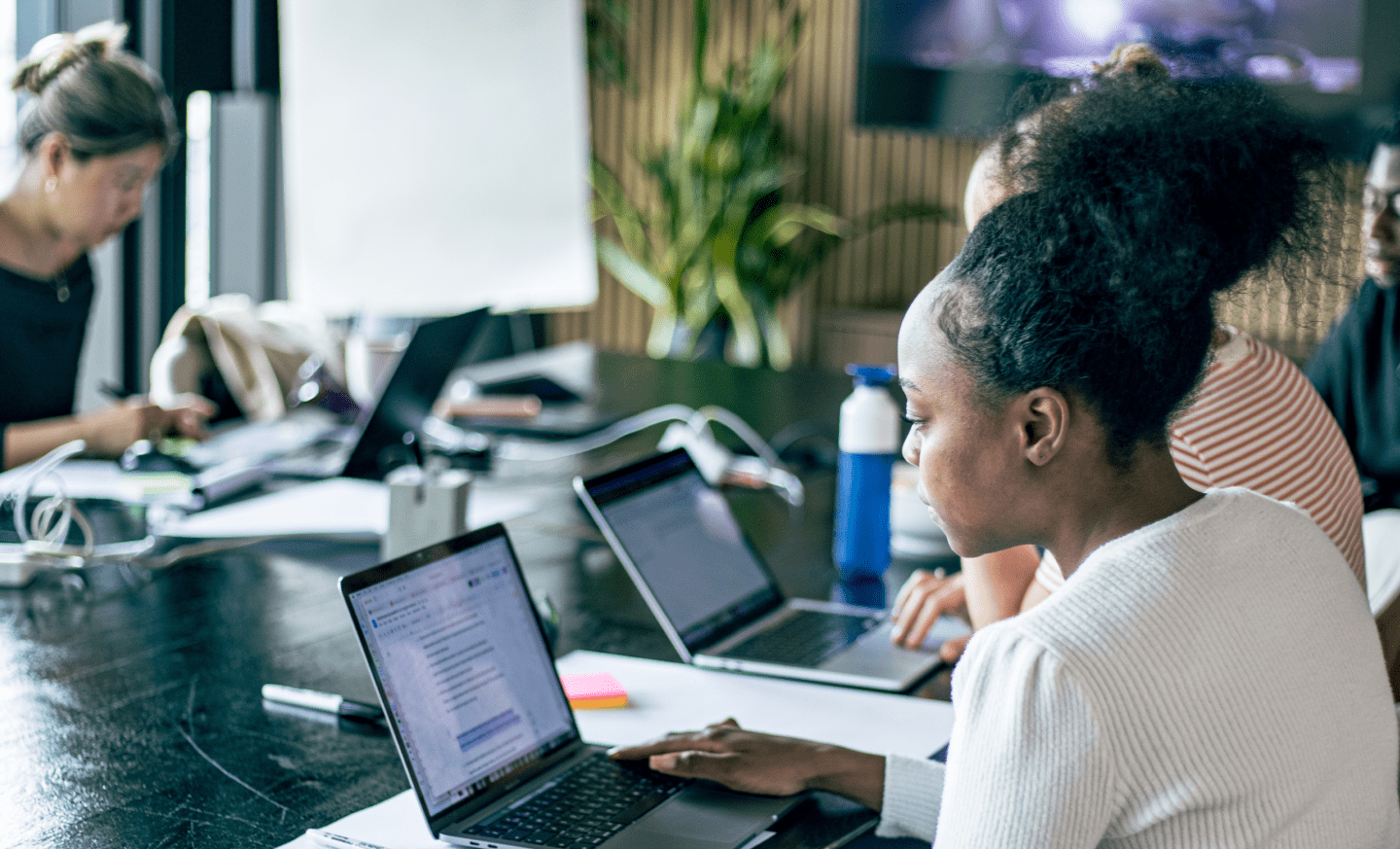
The Future of Product Design: Embracing Innovation and Technology
Monday 1st July, 2024
In this article, we'll explore the exciting future of product design, delving into how machine learning, innovative technology, and evolving...
Read More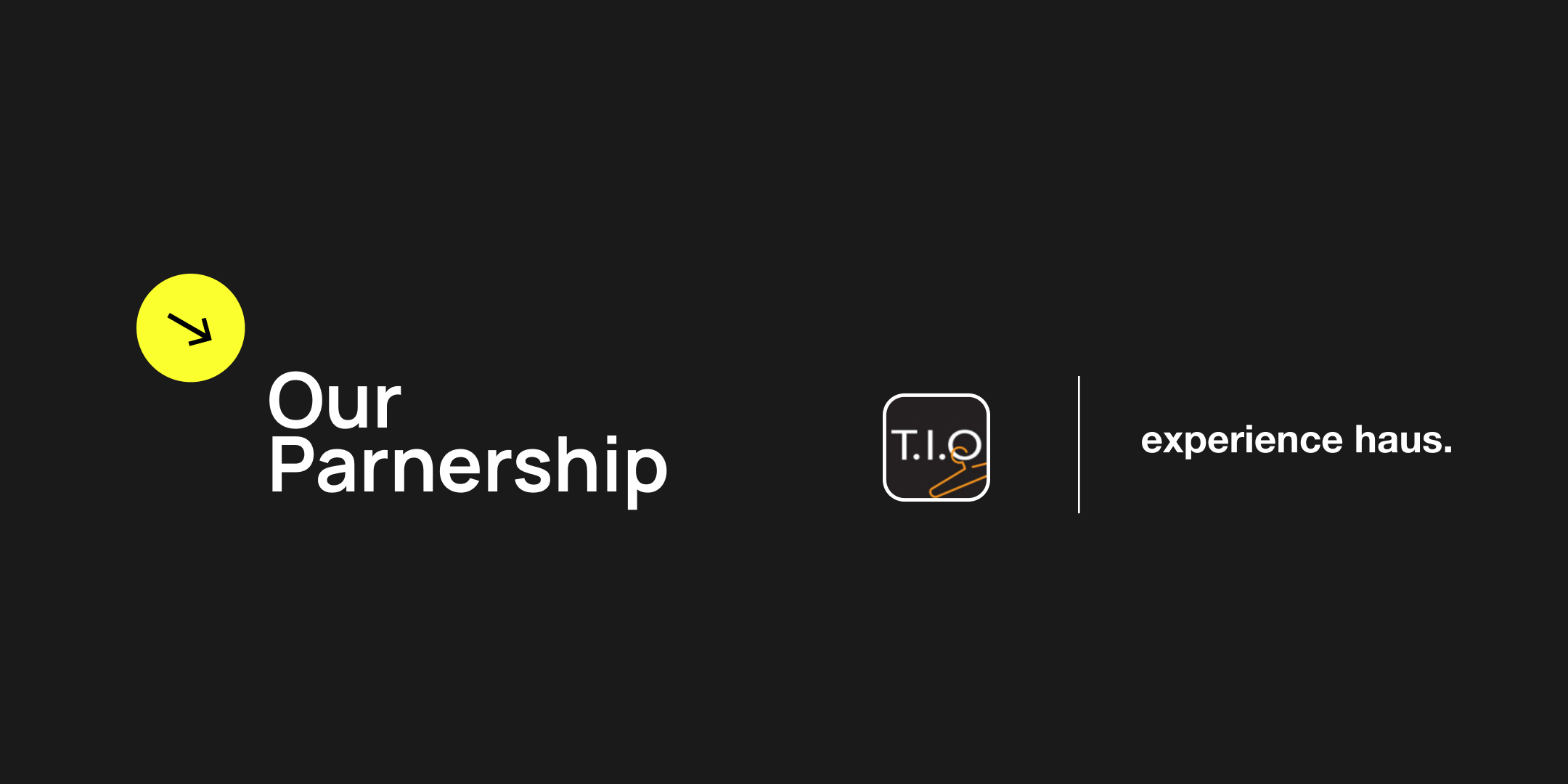
Meet the Startup: T.I.O.
Thursday 27th June, 2024
In this series of startup profiles, we speak to the people behind the startups that provide real-life design challenges to...
Read More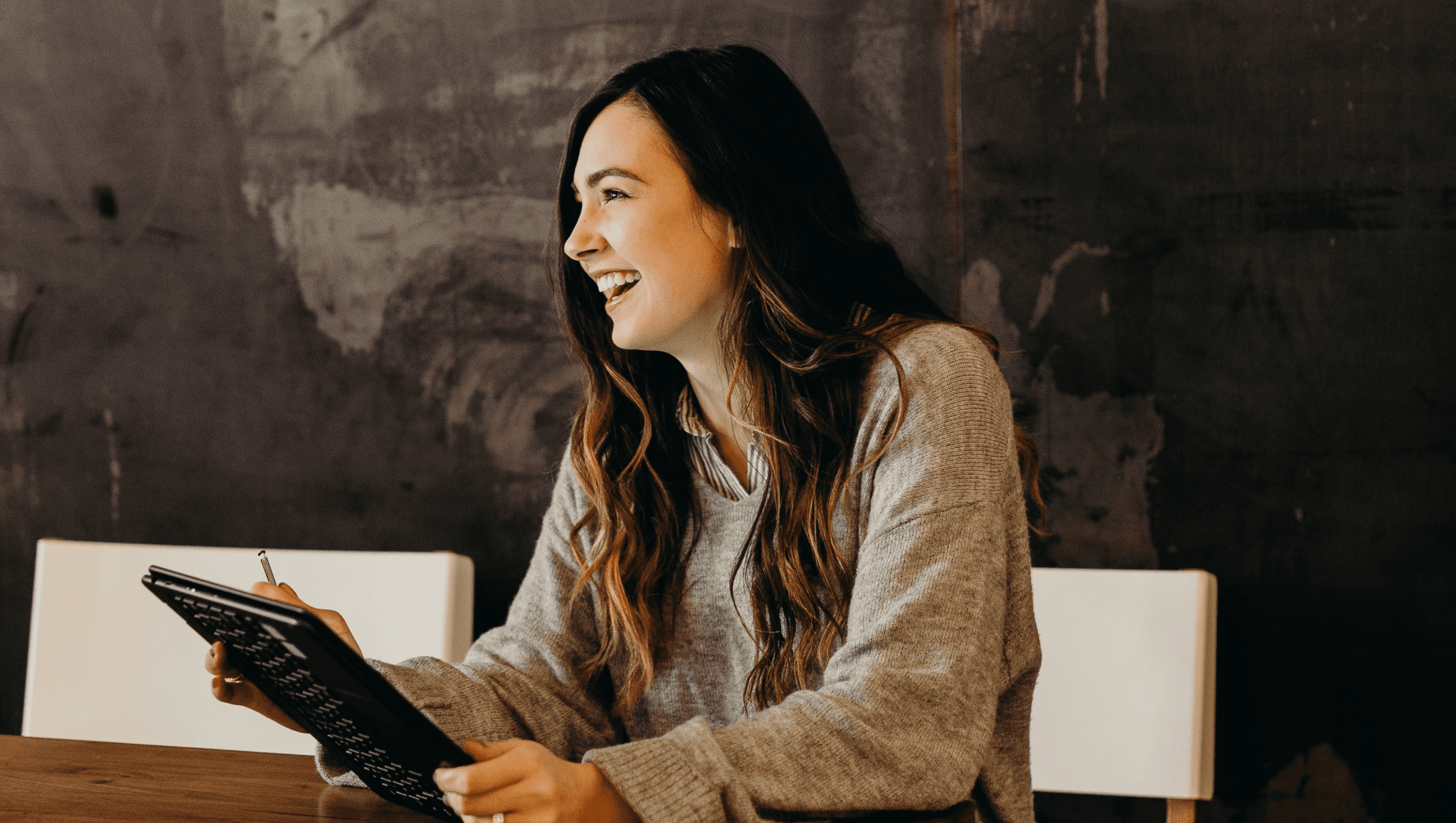
Understanding the Product Designer Role: A Day in the Life
Friday 21st June, 2024
Product designers are crucial in creating user-friendly and compelling digital products that meet business goals. In this article, we'll explore...
Read More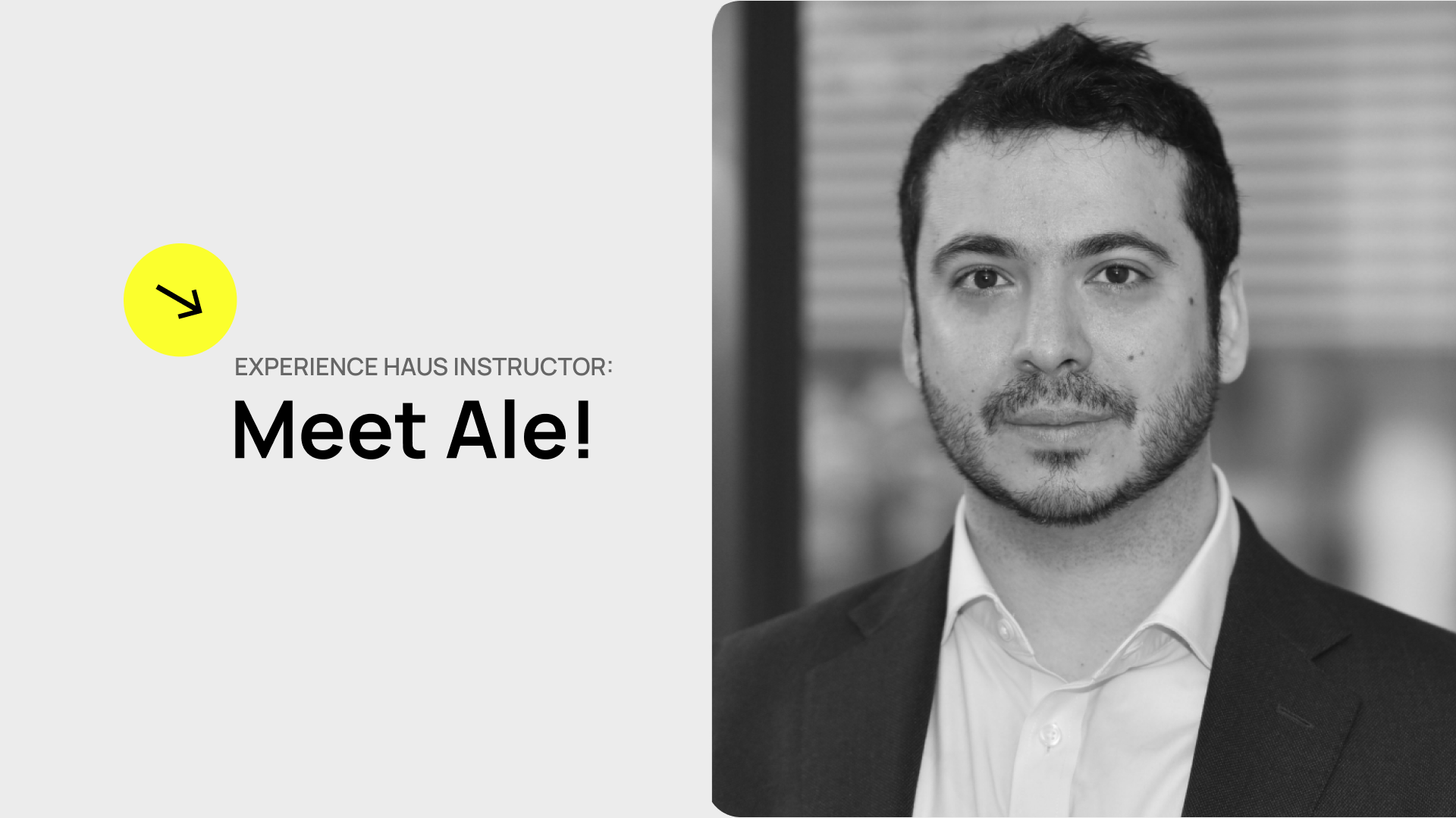
Instructor Profile: Ale Iannuzzi
Thursday 23rd May, 2024
Tell us a little about yourself and your current work outside of Experience Haus? I am an experienced UX/Product Design...
Read More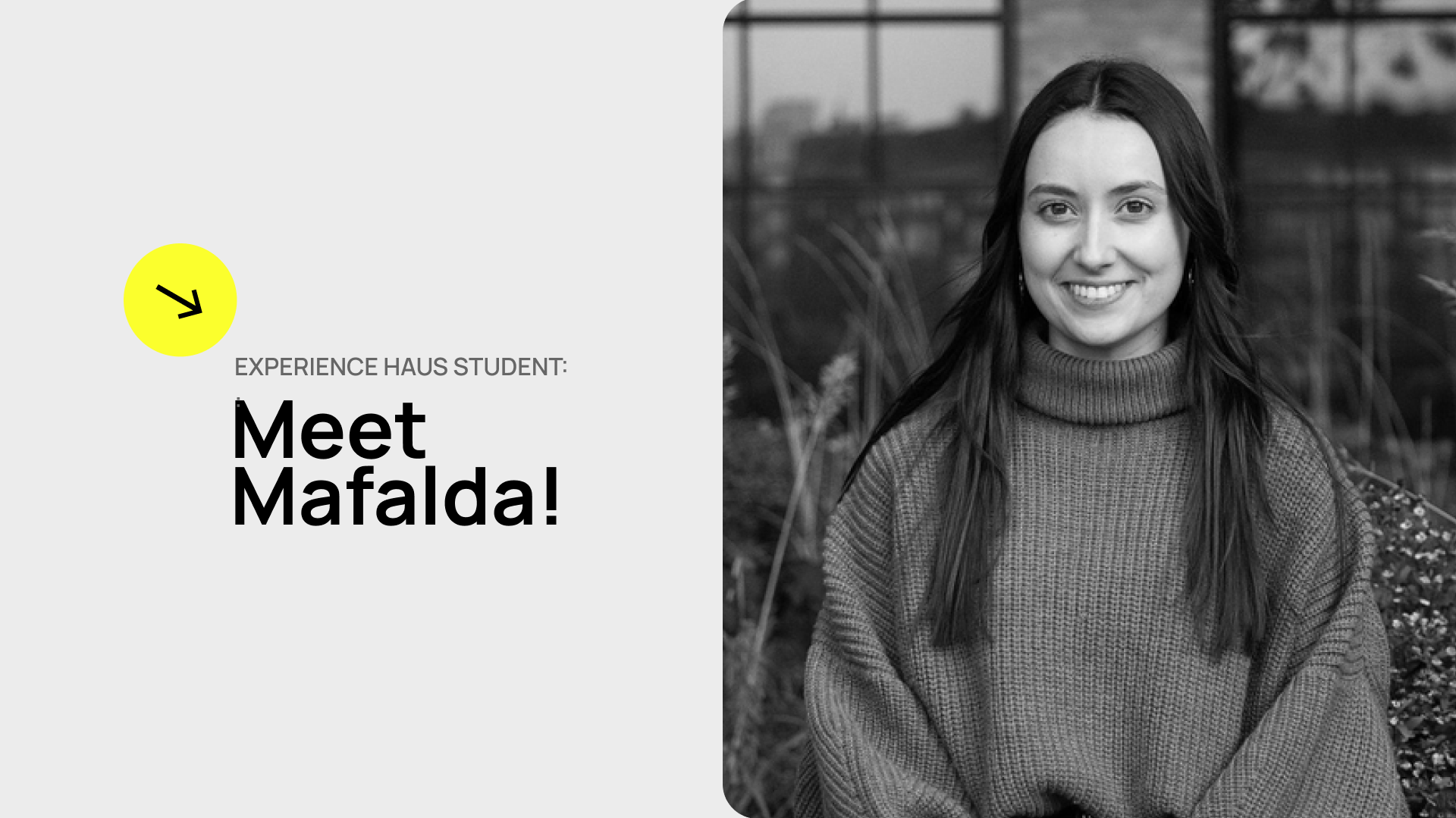
Student Success Story: Mafalda Lopes
Thursday 9th May, 2024
Mafalda completed our 8-week part-time Product Strategy & Management course in March 2o24 and now works as a UX/UI Design...
Read More
